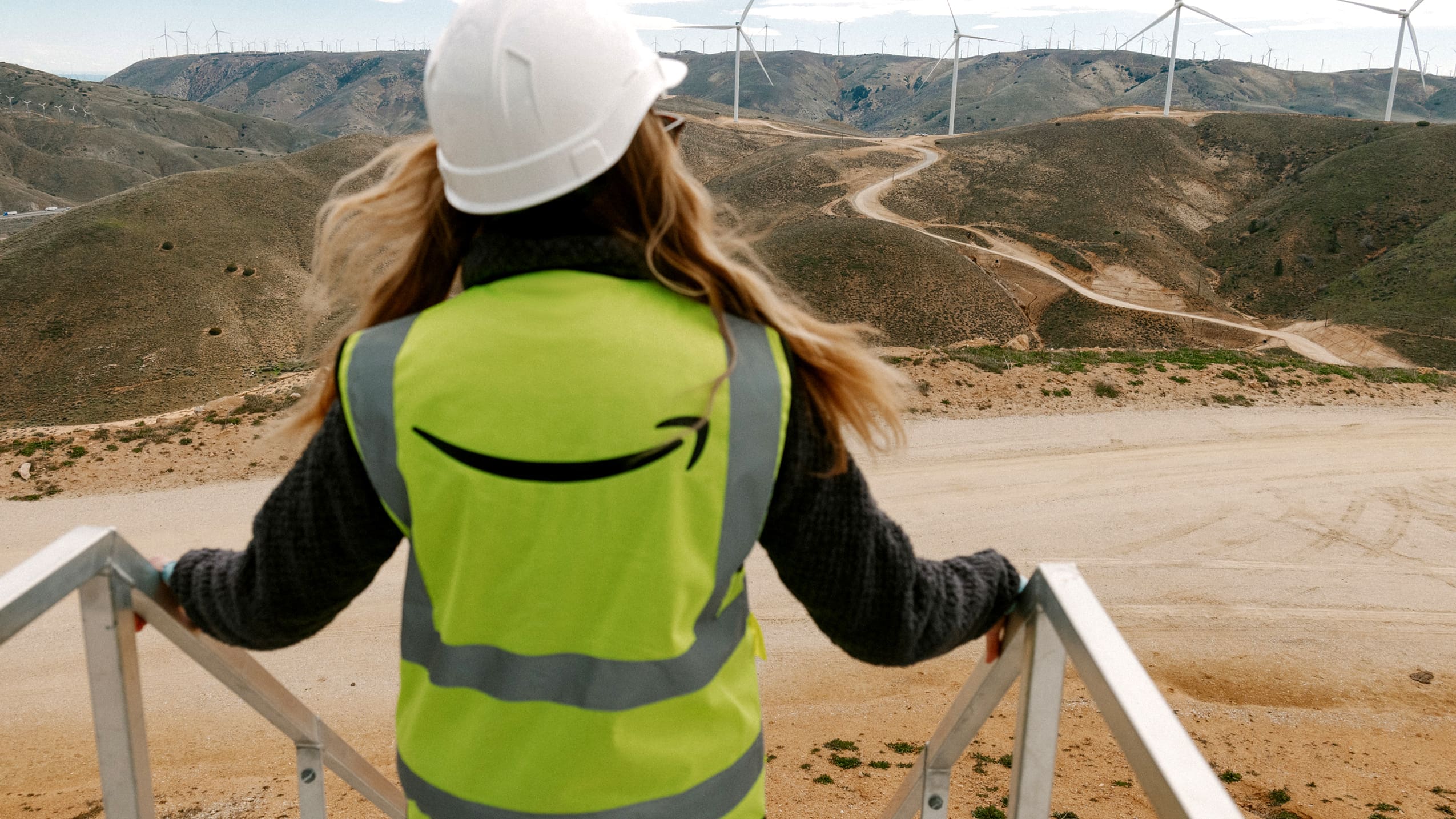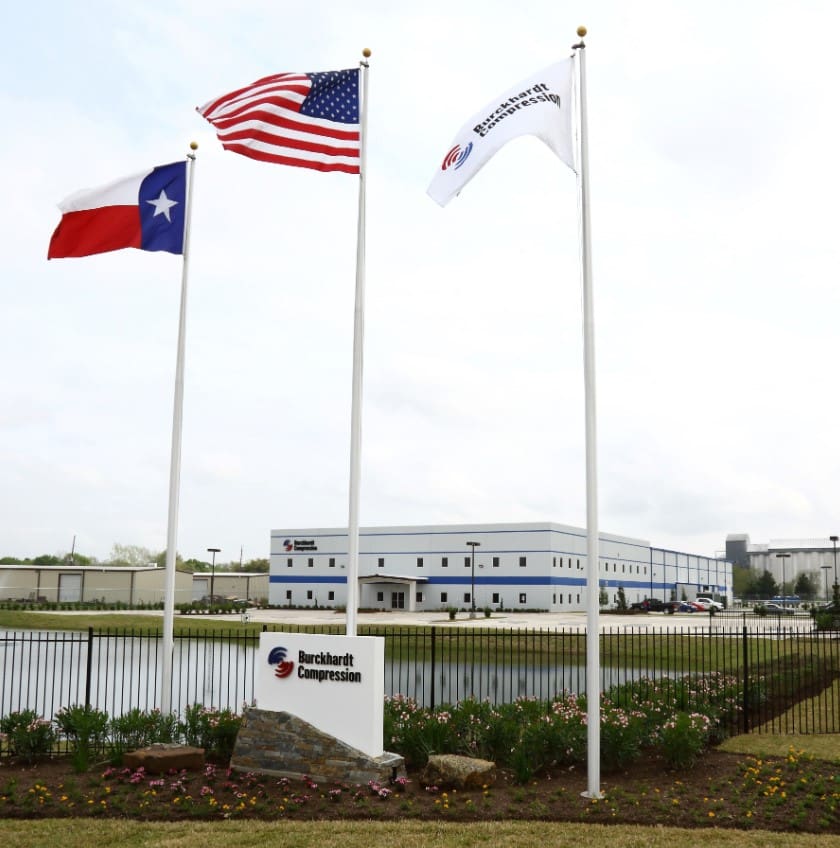UK Prime Minister Rishi Sunak is granting hundreds of new oil and gas licenses as the UK government continues to back the North Sea oil and gas industry as part of the drive to make Britain more energy independent. The UK government and the North Sea Transition Authority (NSTA) announced a joint commitment to undertake future licensing rounds, which will continue to be subject to a climate compatibility test.
By adopting a more flexible application process, licenses could also be offered near to currently licensed areas — unlocking vital reserves which can be brought online faster due to existing infrastructure and previous relevant assessments.
The decision to open the flood gates on North Sea licenses comes in response to a report by the independent Climate Change Committee that predicts around a quarter of the UK’s energy demand will still be met by oil and gas when the UK reaches net zero in 2050. The UK government said that it is taking steps to slow the rapid decline in domestic production of oil and gas to secure domestic energy supply and reduce reliance on hostile states. This will increase the UK’s energy security, reduce dependence on higher-emissions imports, protect more than 200,000 jobs, and grow the UK economy. To commemorate the event, Sunak visited a critical energy infrastructure site in Aberdeenshire and highlighted the central role the region will play in strengthening the UK’s energy independence and supporting the younger generation of oil and gas workers.
The NSTA — responsible for regulating the oil, gas, and carbon storage industries — is currently running the 33rd offshore oil and gas licensing round. It expects the first of the new licenses to be awarded in the fall, with the round expected to award more than 100 licenses in total. Future licenses will be critical to providing energy security options, unlocking carbon capture usage and storage, and hydrogen opportunities — building truly integrated offshore energy hubs that make the best use of the established infrastructure.
A new analysis released by the NSTA the same day as the North Sea announcement showed that the carbon footprint of domestic gas production is around one-quarter of the carbon footprint of imported liquified natural gas (LNG). As the UK is a rapidly declining producer of oil and gas, new oil and gas licenses reduce the fall in UK supply to ensure vital energy security, rather than increase it above current levels — so the UK remains on track to meet net zero by 2050.
“We have all witnessed how Putin has manipulated and weaponized energy — disrupting supply and stalling growth in countries around the world,” said Sunak. “Now more than ever, it’s vital that we bolster our energy security and capitalize on that independence to deliver more affordable, clean energy to British homes and businesses. Even when we’ve reached net zero in 2050, a quarter of our energy needs will come from oil and gas. But there are those who would rather that it come from hostile states than from the supplies we have here at home. We’re choosing to power up Britain from Britain and invest in crucial industries such as carbon capture and storage, rather than depend on more carbon intensive gas imports from overseas — which will support thousands of skilled jobs, unlock further opportunities for green technologies and grow the economy.”
The UK argued that its oil and gas industry is vital to driving forward and investing in clean technologies so that the country can reach its net-zero target. For example, a growing oil and gas industry supports carbon capture, usage, and storage (CCUS) and draws from the industry’s existing supply chains, expertise, and key skills whilst protecting jobs.
The UK confirmed that projects Acorn in Northeast Scotland and Viking in the Humber have been chosen as the third and fourth carbon capture usage and storage clusters in the UK. The government has already committed to deploy CCUS in two industrial clusters by the mid-2020s — the HyNet cluster in Northwest England and North Wales, and the East Coast Cluster in the Teesside and Humber — and another further two clusters by 2030 — now confirmed as Acorn and Viking. Together, these four clusters will build a new CCUS industry, which could support up to 50,000 jobs in the UK by 2030.
The UK has one of the largest potential carbon dioxide storage capacities in Europe, making the North Sea one of the most attractive business environments for CCUS technology. The government has committed to provide up to US$25.5 billion in funding for early deployment of CCUS, unlocking private investment and job creation.
“In the wake of Putin’s invasion of Ukraine, our energy security is more important than ever,” said Energy Security Secretary Grant Shapps. “The North Sea is at the heart of our plan to power up Britain from Britain so that tyrants like Putin can never again use energy as a weapon to blackmail us. Today’s commitment to power ahead with new oil and gas licenses will drive forward our energy independence and our economy for generations. Protecting critical jobs in every region of the UK, safeguarding energy bills for British families and providing a homegrown fuel for our economy that, for domestic gas production, has around one-quarter the carbon footprint of imported LNG. Our next steps to develop CCUS, in Scotland and the Humber, will also help to build a thriving new industry for our North Sea that could support as many as 50,000 jobs, as we deliver on our priority of growing the economy.”
The Prime Minister has also tasked the relevant government departments and regulators to work collaboratively and report back by the end of the year on how we can make the best use of UK offshore resources to unlock CCUS and hydrogen opportunities in the North Sea.
A call for evidence has also been launched by the government, seeking views on the evolving context for taxes for the oil and gas sector to design a long-term fiscal regime which delivers predictability and certainty, supports investment, and protects jobs and the country’s energy security.
“Domestic production is the best pathway to net zero and the UK Government’s commitment to licenses is a welcome boost for energy security and jobs,” said David Whitehouse, chief executive officer (CEO) of Offshore Energies UK. Oil and gas fields decline naturally over time. The UK needs the churn of new licenses to manage production decline in line with the maturing basin. There are currently 283 active oil and gas fields in the North Sea, by 2030 around 180 of those will have ceased production due to natural decline. If we do not replace maturing oil and gas fields with new ones, the rate of production will decline much faster than we can replace them with low-carbon alternatives. Developing our new carbon capture industry and its high-value jobs needs significant investment from our energy producing companies. This means the bedrock to success and delivering growth in the economy can only be collaboration between private and public capital. The UK’s skilled offshore workforce, its engineering expertise and its geology have given our nation a unique opportunity to lead the way in building a net-zero world.
“RWE is delighted that Viking CCS has been awarded Track 2 status for the Government’s Cluster Sequencing Process,” said Tom Glover, RWE UK country chair. “RWE is a long-term cluster partner of Viking CCS and is developing two projects that could use this facility, providing firm, secure and flexible low carbon power generation to support our transition to a net-zero economy.”
“We welcome the government’s decision to designate Viking as a Track 2 CCUS cluster,” said Will Gardiner, Drax Group CEO. “Progressing a carbon transport and storage network in the Humber represents a significant step toward helping the region meet its net-zero ambitions and ensuring it remains a source of high-skilled jobs and energy security for decades to come. The announcement shows the importance of CCUS to the Humber and, along with the East Coast Cluster, creates an additional pathway to support our plans for bioenergy with carbon capture and storage [BECCS] at Drax Power Station. We are currently engaged in formal discussions with the UK Government on this project and hope to invest billions in its development and deploy this critical, carbon removal technology by 2030.
“We are thrilled that the Acorn Project has advanced directly into Track 2,” said Dr. Nick Cooper, CEO of Acorn lead developer Storegga. “Acorn has been progressed by the development partners as the Track 1 reserve since late 2021 and is ready to move promptly to support the decarbonization of Scotland and the wider UK. Today’s news is a defining milestone for us and the Scottish Cluster. Acorn will be a major contributor toward meeting the UK and Scotland’s carbon reduction targets, able to serve emitters connected by pipeline and ship. As lead developer, Storegga thanks Acorn partners and Scottish Cluster participants for their support and we look forward to working to deliver the multiple benefits of creating and future-proofing jobs, bringing inward economic investment, developing green-tech industries and, crucially helping decarbonize Scotland and the UK.
The successful award of Track 2 status to Harbour’s Viking CCS project in the Humber as well as Acorn in northeast Scotland is another demonstration of how we are well positioned to use our existing skills and infrastructure to help develop the burgeoning CCS industry in the UK,” said Harbour Energy’s Executive Vice President of Net Zero and CCS Steve Cox. “More widely, the announcement today shows the key role the North Sea oil and gas sector will play in helping to deliver the UK’s carbon capture goals.”
“We are pleased to see the UK Government pushing ahead with its CCUS deployment program and selecting the next two CCUS clusters, as time is running out to meet 2030 targets,” said Ruth Herbert, chief executive at the CCSA. “This carbon infrastructure is critical to safeguarding UK supply chain security, enabling local industries to continue to thrive whilst reducing their emissions as we transition to a net-zero economy. There are a number of other clusters under development across the country, which is why last year we asked government for visibility of the longer-term CCUS deployment plan. Collectively, CCUS clusters could protect 77,000 current jobs and create a further 70,000 jobs across the UK. Government’s forthcoming vision for the UK CCUS sector needs to be published as soon as possible, to avoid investment flight in those regions that have not been selected today.”
















